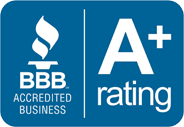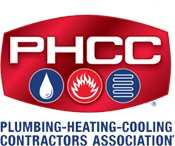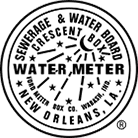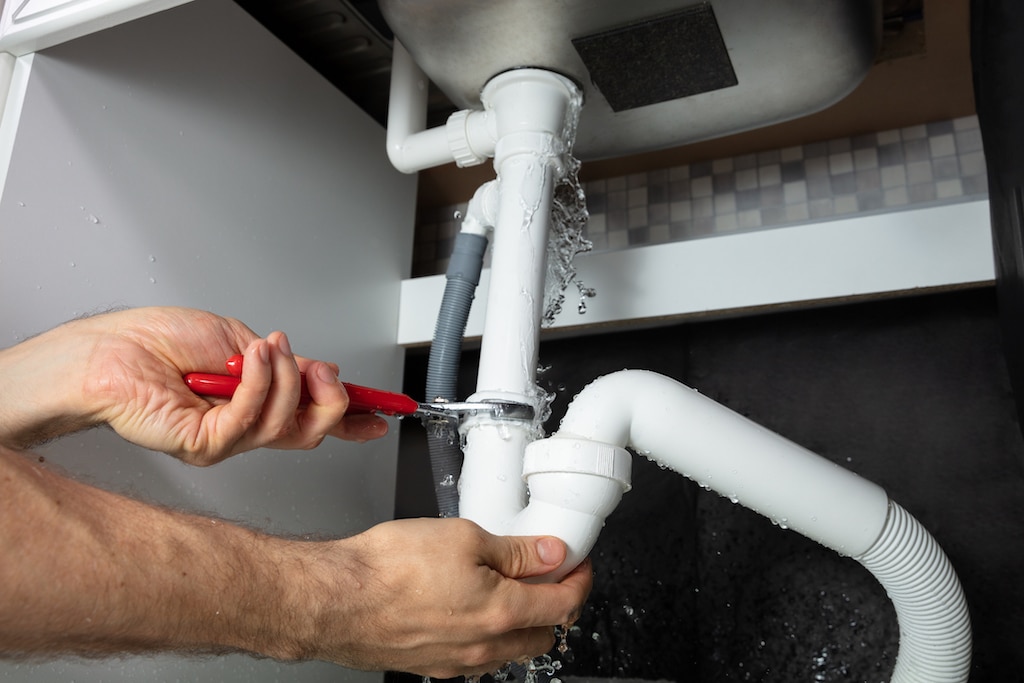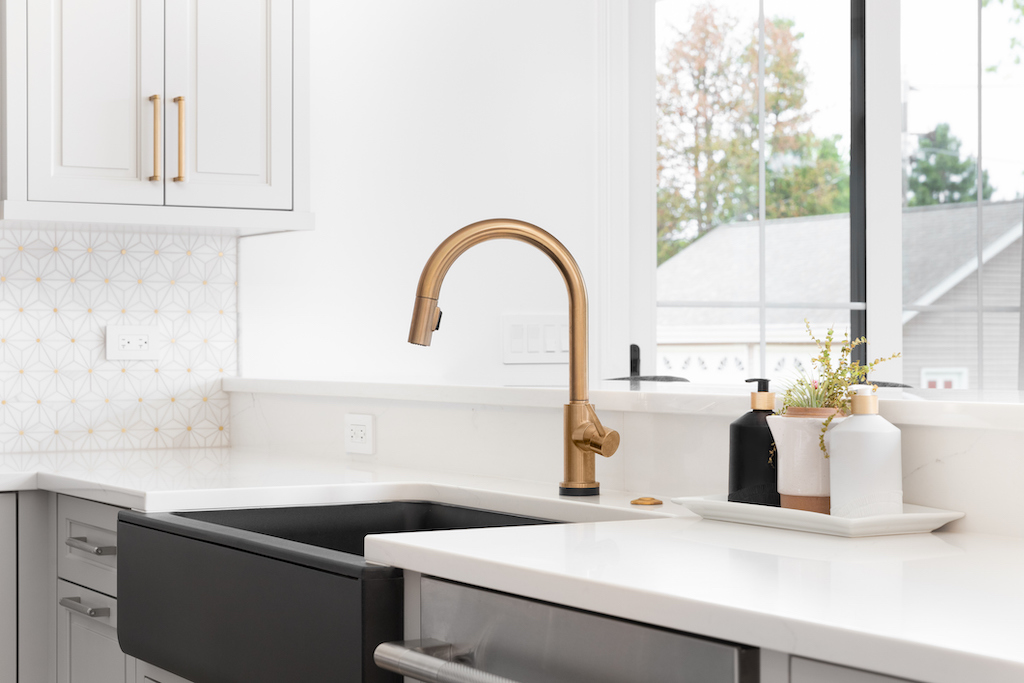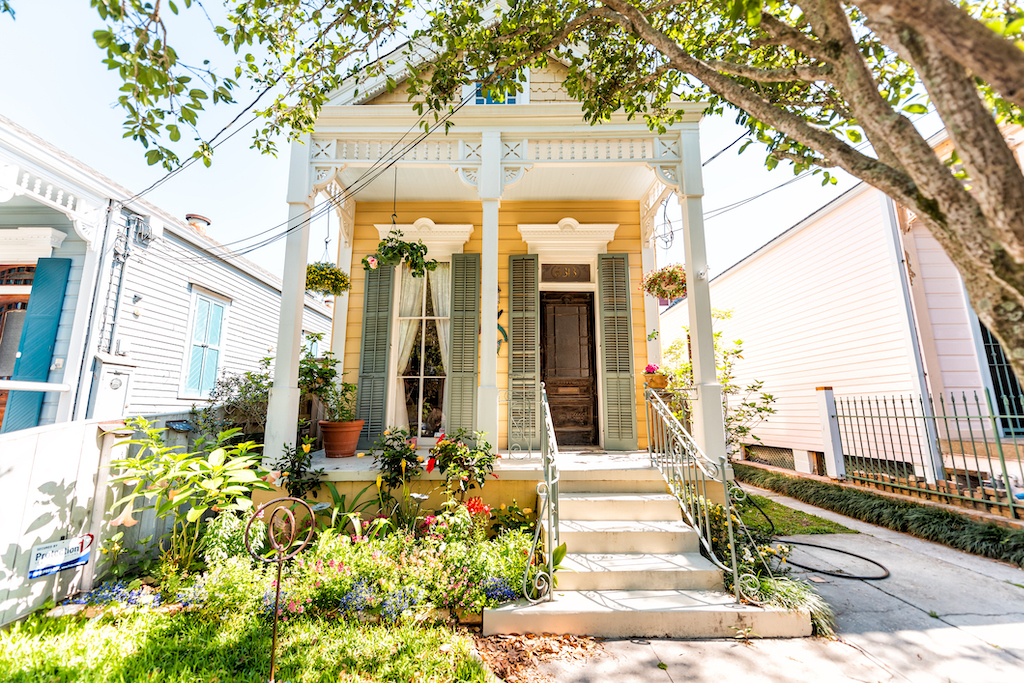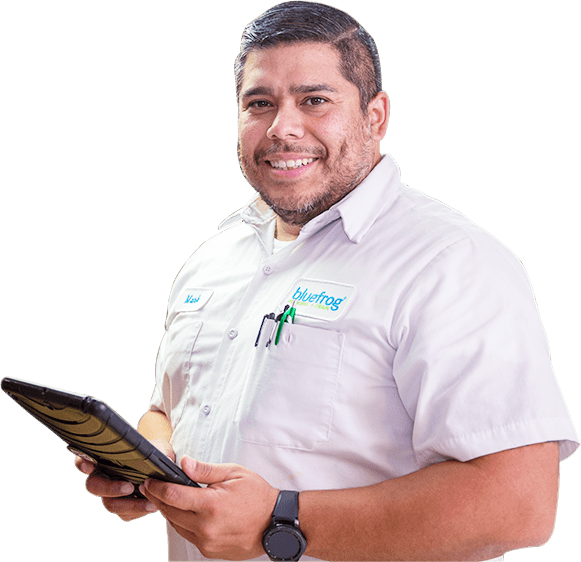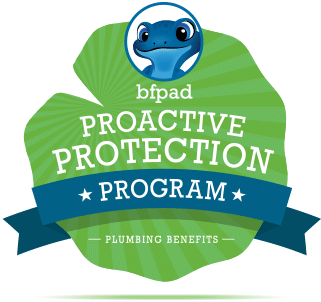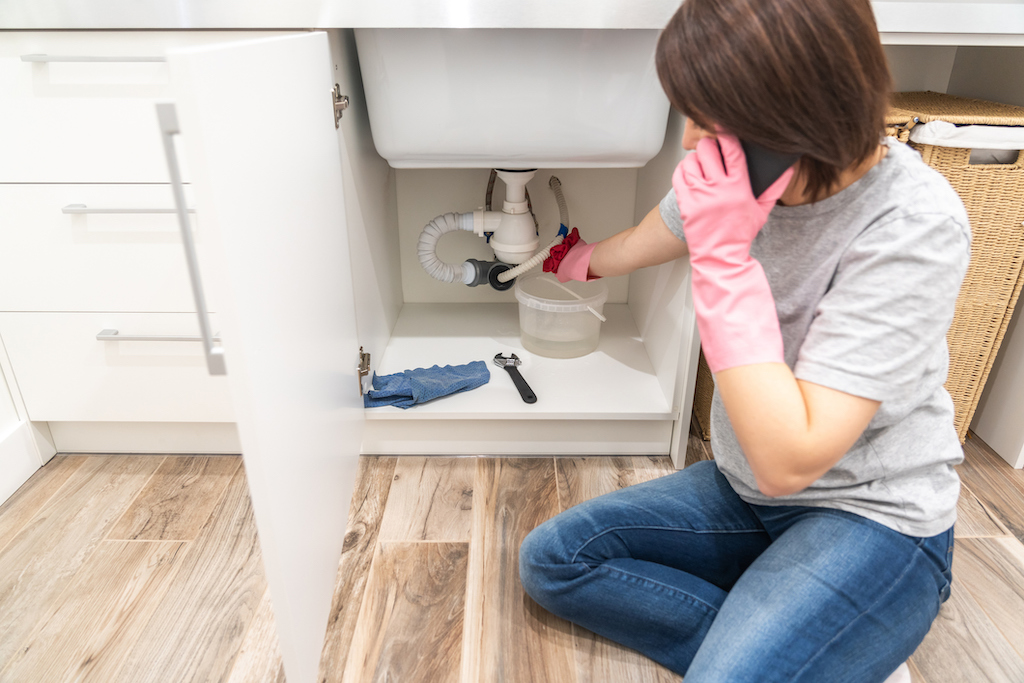
Quick Plumbing Repair Fixes: Your DIY Guide
Have you ever been caught off-guard by a sudden leak under your sink or a clogged drain just as you’re about to host guests?
Plumbing issues can arise when least expected, leaving you in a tricky situation. As a homeowner, understanding the basics of plumbing repair can be a game-changer, equipping you with the knowledge to handle minor issues promptly and efficiently.
In this article, we delve into the world of plumbing repair, offering you a comprehensive guide to managing common plumbing problems.
From quick fixes to preventative maintenance, we’ll walk you through step-by-step processes, share insider tips, and help you understand when to call in the professionals.
Whether you’re a DIY enthusiast or simply looking to be more informed, this article is your go-to resource for all things plumbing repair.
What is Plumbing Repair?
Plumbing repair is the process of diagnosing and resolving issues within a home’s plumbing system.
It involves a variety of tasks, from simple adjustments to complex replacements. But what does this really mean for you, the homeowner?
It means that when you encounter a dripping faucet, a toilet that won’t stop running, or a major leak in a pipe, there’s a set of strategies and techniques to address these problems, ensuring that your household’s water system functions as it should.
At its core, plumbing repair is about maintaining the health of your home’s water infrastructure. This includes the pipes that bring water into your home, the drains that take waste away, and the fixtures like sinks, toilets, and showers that make water use convenient and hygienic.
When any part of this system breaks down or doesn’t perform optimally, it not only causes inconvenience but can also lead to water damage, which can be costly to repair and pose health risks.
The scope of plumbing repair can be broad.
It might be as straightforward as replacing a worn-out washer in a leaky faucet to stop a drip that’s not only annoying but can also waste a significant amount of water over time. It might involve unclogging a blocked drain that’s backing up your sink or bathtub, which, if left unattended, could lead to unpleasant odors or even sewage backups.
On the more complex end, plumbing renovation can involve cutting into walls or digging up pipes to fix or replace pipes that have burst or become severely clogged.
Effective plumbing renovation also involves preventative maintenance.
By regularly inspecting your plumbing system, you can identify and fix small problems before they become big ones.
This includes tasks like winterizing your pipes to prevent freezing, regularly cleaning out drains to prevent clogs, and checking for signs of leaks.
Understanding the basics of plumbing renovation is crucial for any homeowner.
It empowers you to make informed decisions about maintaining your home and can save you money in the long run by avoiding the need for more significant repairs caused by neglect.
Whether you’re tightening a fitting to stop a leak or calling in a professional for a complex job, knowing what plumbing repair entails is the first step in protecting one of your home’s most vital systems.
Also read: A Plumber’s Explanation Of Your Components Of Your Toilet Tank
Photo By AndreyPopov at iStock
Understanding Common Plumbing Problems
Before you can fix a problem, you need to understand it.
In the realm of home maintenance, few things are as universally challenging as plumbing issues. They can range from minor annoyances to major emergencies that can cause significant damage if not addressed promptly.
Let’s dive into the typical issues that plague household plumbing systems, such as dripping faucets, slow draining sinks, clogged baths and showers, leaky pipes, and running toilets.
Each of these problems has its own set of causes and effects on your home, and understanding them is the first step towards a solution.
1.Dripping faucets
They are more than just a source of irritation; they signify wasted water and increased bills.
A single faucet can send hundreds of gallons of water per year down the drain one drip at a time. Slow draining sinks might indicate a blockage in the pipe, where accumulated debris or buildup is restricting water flow.
This can be a precursor to a complete blockage, which could result in water backing up and causing potential health hazards.
2.Clogged baths and showers
Accumulation of hair and soap scum can solidify over time and block pipes.
This not only prevents proper drainage but can also lead to unpleasant odors and the need for costly professional plumbing repair if not dealt with swiftly.
Leaky pipes, perhaps the most insidious of common plumbing problems, can cause hidden damage within walls and floors, leading to mold, mildew, and structural issues that can be expensive to rectify.
3.Running toilets
They are another common issue, often caused by a faulty flapper valve, which can let water run continuously from the tank into the bowl.
This can waste an astonishing amount of water, leading to exorbitant water bills and unnecessary strain on the environment. It’s a problem that can often be fixed with a simple replacement part and a few minutes of work.
Understanding these common plumbing problems is crucial because each one can have a ripple effect on your home’s efficiency, safety, and your wallet.
By recognizing the signs early, you can take proactive steps to perform minor plumbing renovation tasks yourself or know when it’s time to call in the professionals.
Regular checks and maintenance can help prevent these issues from occurring, but when they do arise, a clear understanding will help you address them quickly and effectively, minimizing their impact on your home.
Step-by-Step Repair Guides for Common Plumbing Issues
Tackling common plumbing problems can often be done with a bit of know-how and the right tools.
Here, we break down the repair process into manageable steps, ensuring you’re well-equipped to handle the most frequent issues that arise in household plumbing.
1.Fixing a Leaky Faucet
Tools You’ll Need:
- Adjustable wrench
- Screwdriver
- Replacement washers and O-rings
Safety Precautions:
- Turn off the water supply to the faucet.
- Plug the sink to prevent small parts from falling in.
Repair Process:
- Remove the faucet handle by unscrewing it with the screwdriver.
- Take out the stem and inspect it for damage.
- Replace any worn washers or O-rings.
- Reassemble the faucet and turn the water supply back on.
2.Unclogging a Slow Draining Sink
Tools You’ll Need:
- Plunger
- Drain snake or wire hanger
- Bucket and rags for cleanup
Safety Precautions:
- Wear gloves to protect your hands from debris and chemicals.
- Keep your face away from the drain to avoid splashes.
Repair Process:
- Attempt to plunge the drain to dislodge the clog.
- If unsuccessful, use a drain snake or straightened wire hanger to remove the blockage manually.
- Clean up any residue and test the drain to ensure it’s clear.
3.Clearing Clogged Baths and Showers
Tools You’ll Need:
- Drain snake or plunger
- Baking soda and vinegar (for a natural alternative to chemical cleaners)
Safety Precautions:
- Ensure the area is well-ventilated if using chemical drain cleaners.
- Again, wear gloves and avoid direct contact with waste material.
Repair Process:
- Use a plunger to try and clear the clog with suction.
- If that doesn’t work, carefully use a drain snake to pull out the blockage.
- For a non-chemical approach, pour baking soda followed by vinegar down the drain, wait for the fizzing to stop, then flush with hot water.
4.Addressing Leaky Pipes
Tools You’ll Need:
- Pipe wrench
- Replacement piping or pipe tape
- Bucket to catch drips
Safety Precautions:
- Shut off the main water supply to prevent flooding.
- Keep your workspace dry to avoid slips.
Repair Process:
- Locate the leak and place a bucket underneath to catch drips.
- Use a pipe wrench to tighten the joint. If that doesn’t work, you may need to replace a section of pipe or use pipe tape to seal the leak.
- Turn the water back on and check for leaks.
5.Stopping a Running Toilet
Tools You’ll Need:
- Replacement flapper valve or fill valve
- Adjustable wrench
Safety Precautions:
- Shut off the water supply to the toilet to prevent overflow.
Repair Process:
Remove the toilet tank lid and inspect the flapper valve.If the flapper is worn or damaged, unhook it and replace it with a new one. Adjust the chain length so it’s not too tight or too loose.
Finally, test the flush and adjust as necessary.
By following these step-by-step repair guides, you can address the most common plumbing work issues that arise in your home.
Remember, while many of these repairs are straightforward, if you’re ever in doubt, it’s best to consult with or hire a professional plumber to ensure the job is done safely and correctly.
Also read: How An Emergency Plumber Helps You Quickly Address Plumbing Issues Anytime
When to Call a Professional for Plumbing Repair
Tackling plumbing repairs on your own can be a fulfilling and cost-effective approach, but it’s crucial to recognize when a problem is beyond the DIY realm.
Knowing when to call in a professional can save you from exacerbating the issue, leading to more costly repairs. Here’s how to discern when it’s time to pick up the phone and dial for expert assistance.
Recognizing the Severity of Pipe Damage
Signs of Serious Pipe Damage:
- Water stains on walls or ceilings
- Warped or buckling floors
- Mold growth or musty odors
- Sounds of running water when all taps are off
Why Professional Help is Needed
Major pipe damage can compromise the structural integrity of your home. Professionals have the tools and expertise to replace pipes with minimal disruption and can ensure that new piping meets all regulatory standards.
Persistent Problems After a ‘Fixed’ Issue
Indicators of Unresolved Issues:
- A leak that returns after you’ve replaced parts
- Drains that repeatedly clog despite regular cleaning
- Toilets that continue to run after valve replacements
Why Expertise Matters
Recurring issues often hint at a deeper problem within your plumbing system that requires professional diagnostic tools and experience to identify and solve.
Complex Installations and Upgrades
When Upgrades are Involved:
- Installing a new water heater
- Upgrading to a tankless system
- Adding a water softening system
The Role of a Professional
Such upgrades often involve adjustments to your home’s existing plumbing and electrical systems. Professionals ensure these installations comply with local codes and function correctly.
When Safety is a Concern
Safety-Related Concerns:
- Exposure to raw sewage
- Potential gas leaks in water heaters
- Risk of water damage from incorrectly performed repairs
The Importance of Professional Intervention
Plumbers are trained to handle hazardous materials and situations safely. They can perform repairs without putting your health or property at risk.
Dealing with Permits and Inspections
Navigating Legal Requirements
- Work that alters your home’s main plumbing line
- Projects that require shutting off the street-side water supply
- Any plumbing work that changes the layout of your bathroom or kitchen
Why You Need Professionals
Licensed plumbers can secure the necessary permits and ensure their work passes inspections, which is crucial for compliance and insurance purposes.
Understanding when to call a professional for plumbing works is not just about fixing a problem; it’s about ensuring the safety, efficiency, and longevity of your home’s plumbing infrastructure.
While minor clogs and leaks can often be handled on your own, significant issues should always be entrusted to a professional. They bring the necessary expertise, equipment, and peace of mind, knowing that the repair is performed correctly and up to code.
Remember, the goal is to maintain a safe and functional home environment, and sometimes that means knowing when to step back and let the experts take over.
Maximizing Efficiency in Plumbing Repair
When it comes to Plumbing Repair, efficiency isn’t just about quick fixes; it’s about creating solutions that last and prevent future issues.
This section delves into how you can maximize efficiency in your plumbing repairs, ensuring that each fix is a step towards a more robust plumbing system.
1.Choosing the Right Materials for Lasting Repairs
The materials you choose for your Plumbing renovation can make a significant difference in the longevity and reliability of your plumbing system.
Opt for high-quality, durable materials that are designed to withstand the specific demands of your household’s water usage.
For instance, if you have hard water, choose pipes and fixtures that are resistant to corrosion and buildup.
Investing in quality doesn’t just apply to pipes and fixtures, but also to the smaller components like washers, O-rings, and seals. These elements may seem insignificant, but they are often the first to fail and can lead to leaks and drips.
By choosing high-grade materials, you ensure that repairs last longer, reducing the frequency and cost of future maintenance.
2. Advanced Tools and Techniques for Effective Problem-Solving
The tools and techniques used in Plumbing Repair have evolved significantly.
Today, plumbers have access to advanced equipment like video pipe inspection tools, which allow for a non-invasive look into the pipes to accurately diagnose issues. There are also new methods for fixing pipes, such as trenchless pipe repair, which can fix pipes without the need for extensive excavation.
For the DIY enthusiast, investing in a good-quality plumber’s wrench, a reliable plunger, and a drain snake can make a world of difference in tackling common issues.
However, for more advanced problems, it’s worth calling in professionals who have the necessary tools and expertise to perform repairs that are not just quick, but also effective and less intrusive.
3. Smart Plumbing Technology for Proactive Maintenance
Smart home technology has made its way into plumbing as well.
Smart leak detectors and water monitors can be installed to alert you of leaks or irregular water usage patterns, often before you may notice the problem yourself. These devices can be connected to your smartphone, giving you real-time alerts and the ability to shut off water remotely in case of a severe leak.
Incorporating smart technology into your home plumbing system can transform the way you approach Plumbing Repair.
Instead of reacting to problems, you can become proactive, addressing issues before they escalate. This not only saves water and money but also spares you the inconvenience of dealing with major repairs.
By focusing on quality materials, utilizing advanced tools and techniques, and embracing smart technology, you can maximize the efficiency of your Plumbing Repair efforts.
These strategies not only solve immediate problems but also pave the way for a more efficient, reliable, and worry-free plumbing system in your home.
Photo By Joe Hendrickson at iStock
Enhancing Home Value Through Plumbing Repair
Plumbing Repair isn’t just a matter of fixing issues as they arise; it’s also a strategic approach to enhancing the overall value and appeal of your home.
By addressing plumbing concerns promptly and effectively, you can ensure that your home remains a comfortable, functional, and valuable asset. Let’s explore how strategic plumbing maintenance and upgrades can contribute to your home’s worth and desirability.
The Impact of Plumbing Repair on Home Appraisals
When it comes to home appraisals, the state of your plumbing system can have a significant impact.
A well-maintained plumbing system can increase a property’s market value, while a system in disrepair can lead to devaluation.
Regular Plumbing Repair and maintenance can prevent the depreciation of your home’s value. It’s crucial to keep records of all the maintenance and repairs done, as these can be very persuasive during the selling process, showing potential buyers that the home has been well cared for.
Upgrading Fixtures as Part of Plumbing Repair
Upgrading fixtures is an integral part of Plumbing Repair that can significantly boost your home’s aesthetic appeal and functionality.
Modern fixtures not only look better but often come with improved efficiency and eco-friendly features that are highly attractive to today’s homebuyers.
Whether it’s installing low-flow toilets, touchless faucets, or advanced shower systems, these upgrades can be selling points that set your home apart in the real estate market.
Plumbing Repair and Water Efficiency
Water efficiency is becoming increasingly important to homeowners, and Plumbing Repair plays a vital role in achieving it.
By fixing leaks, installing water-saving devices, and upgrading to more efficient appliances, you can greatly reduce water waste. This not only lowers utility bills but also appeals to environmentally conscious buyers.
Homes that are equipped with water-efficient systems are not only better for the wallet but also for the planet, and they often enjoy a higher resale value.
Smart Plumbing Upgrades
Incorporating smart home technology into your plumbing system is a forward-thinking aspect of Plumbing Repair.
Smart water heaters, leak detection systems, and even smart pipes can provide homeowners with real-time data on their water usage, allowing for better control and management of resources. These smart upgrades represent the cutting edge of home plumbing and can significantly increase the appeal and value of your home.
By focusing on these aspects of Plumbing Repair, homeowners can ensure that their property remains not only functional and aesthetically pleasing but also competitive in the real estate market.
Regular maintenance, modern upgrades, water efficiency, and smart technology integration are all strategic investments that can pay off in the long term, both in terms of home value and quality of life.
Streamlining Plumbing Repair
Effective Plumbing Repair goes beyond mere fixes; it involves streamlining the entire process to ensure efficiency and longevity.
For homeowners, understanding how to streamline plumbing maintenance can lead to significant savings and less frequent repairs.
This section will guide you through optimizing your plumbing repair processes, ensuring that you tackle issues smartly and sustainably.
Preventative Maintenance: The First Step in Plumbing Repair
Preventative maintenance is the cornerstone of streamlined Plumbing Repair. By conducting regular inspections and addressing small issues promptly, you can prevent larger, more costly problems from developing.
This includes tasks like cleaning out drains to prevent clogs, inspecting pipes for signs of wear or corrosion, and checking fixtures for leaks or drips.
Creating a maintenance schedule can help you stay on top of these tasks.
For example, you might check your water heater’s pressure relief valve every six months or flush your water heater annually to prevent sediment buildup. By keeping a close eye on these areas, you can catch and address issues early, saving time and money in the long run.
Educating Yourself on Basic Plumbing Repair Techniques
A little knowledge can go a long way when it comes to Plumbing Repair.
Homeowners who educate themselves on basic plumbing techniques can often handle minor repairs without the need to call a professional. This includes understanding how to use a plunger correctly, how to replace washers in faucets, and how to reset a tripped garbage disposal.
There are many resources available for those looking to expand their plumbing knowledge, from online tutorials to community workshops.
However, it’s important to know your limits; if a repair seems out of your depth, it’s always safer to call a professional.
Building a Relationship with a Trusted Plumbing Repair Professional
Even the most hands-on homeowner will need professional help at some point.
Building a relationship with a trusted Plumbing Repair service can streamline the repair process when you encounter a problem that’s beyond your skill set. A plumber who is familiar with your home’s plumbing system can diagnose and fix issues more quickly, often with less disruption to your household.
When selecting a plumbing service, look for licensed professionals with good reviews and a track record of reliable service.
Don’t wait for an emergency to start this search; having a plumber’s contact information on hand before you need it can save precious time when a problem arises.
Investing in Quality Tools and Parts for DIY Plumbing Repair
For those inclined to handle Plumbing Repair themselves, investing in quality tools and parts is essential.
High-quality plumbing tools, like pipe wrenches and drain snakes, can make DIY repairs easier and more effective. Similarly, using quality replacement parts can extend the life of your repairs, preventing the need for frequent revisits to the same problem.
While it might be tempting to go for the cheapest option, quality tools and parts pay for themselves over time through improved performance and durability.
Keep a well-organized toolbox and a small inventory of common plumbing parts, like washers and O-rings, to streamline your repair process.
By focusing on preventative maintenance, educating yourself on basic repairs, building a relationship with a professional, and investing in quality tools and parts, you can streamline your Plumbing Repair process.
These steps will not only save you time and money but also contribute to the overall well-being of your home’s plumbing system.
Photo By krblokhin at iStock
Navigating Plumbing Repair in Older Homes
Dealing with Plumbing Repair in older homes requires a special touch and an understanding of the unique challenges these structures present.
From antiquated piping materials to outdated fixtures, older homes can turn a simple repair into a complex project. This section will explore how to navigate the nuances of plumbing repair in the context of older homes, ensuring that your home’s character is preserved while its plumbing is updated and functional.
Understanding the Piping Material and Techniques of the Past
Older homes often feature a variety of piping materials that are no longer in use today, such as galvanized steel, cast iron, and even lead.
Understanding these materials and the techniques used to install them is crucial for effective Plumbing Repair. For instance, galvanized pipes are prone to corrosion and clogging over time, which can affect water pressure and quality.
When dealing with these older materials, it’s important to assess whether a repair or a full replacement is necessary.
In some cases, repairing a section of old piping can be a temporary fix, but for long-term reliability, upgrading to modern materials like PVC or PEX may be the best option. This not only improves the plumbing’s functionality but also brings it up to current safety standards.
Balancing Historical Integrity with Modern Plumbing Repair
One of the biggest challenges of Plumbing Repair in older homes is maintaining the historical integrity of the property while making necessary upgrades.
This can be a delicate balance, as you want to preserve the home’s character and value. When making repairs or upgrades, it’s important to consider how they will fit with the home’s aesthetic and historical period.
For example, when replacing fixtures, you might choose designs that reflect the home’s era, even if the technology behind them is modern.
Similarly, when rerouting pipes or installing new systems, care should be taken to conceal the work as much as possible, preserving the home’s original appearance.
Tackling Common Issues Unique to Older Plumbing Systems
Older plumbing systems are often plagued by a set of common issues that require a specialized approach to Plumbing Repair.
These can include everything from tree root intrusion into sewer lines to sediment buildup in pipes.
Addressing these issues often requires not just manual repairs but also the use of technology, such as sewer line cameras and hydro jetting, to fully resolve the underlying problems.
Additionally, older homes may not have been built with modern plumbing demands in mind.
As such, part of the repair process may involve upgrading systems to handle the increased water usage of contemporary households. This could mean expanding pipe diameters, installing additional lines, or increasing water pressure through modern pumping solutions.
By understanding the materials and techniques of the past, balancing historical integrity with modern functionality, and tackling common issues with the right approach, homeowners can navigate Plumbing Repair in older homes with confidence.
These repairs not only preserve the home’s charm and character but also ensure it meets the needs of today’s living standards, providing a comfortable and safe environment for all occupants.
Bluefrog Home Services of New Orleans: Your Plumbing Repair Solution
When you’re in need of Plumbing Repair, it’s not just about fixing a leak or unclogging a drain; it’s about restoring your peace of mind. The bluefrog Home Services of New Orleans understands this and has tailored their services to meet the unique challenges faced by homeowners in the area.
1.Expertise in Local Plumbing Challenges
New Orleans, with its rich history and distinctive architecture, also comes with its own set of plumbing idiosyncrasies.
bluefrog Home Services has deep knowledge of local building codes and common issues that arise in this region, ensuring that your plumbing repairs are not just quick fixes but long-term solutions.
2.Comprehensive Plumbing Services
Whether it’s a minor leak or a major overhaul, bluefrog Home Services offers a full range of plumbing services.
They understand that each call is an opportunity to reinforce trust and deliver the quality work that their reputation is built upon.
3. Emergency Plumbing Repair
Plumbing emergencies don’t wait for a convenient time. That’s why bluefrog Home Services offers emergency plumbing services to address urgent issues swiftly, minimizing damage and disruption to your home.
4. Routine Maintenance and Inspections
Preventative maintenance is key to avoiding unexpected plumbing disasters.
bluefrog Home Services provides routine inspections and maintenance to keep your plumbing system in top condition, helping you avoid costly repairs down the line.
5. Customer Satisfaction at the Forefront
The goal at bluefrog Home Services is not just to fix plumbing problems but to ensure customer satisfaction. Check out more customer reviews here who have experienced their commitment to excellence.
6. Ready to Assist You
If you’re in New Orleans, Harvey, or Timberlane and in need of reliable Plumbing Repair, look no further than bluefrog Home Services.
Call them at 504-229-4848 and experience the professional service and peace of mind that come with every job they undertake.
Conclusion
Plumbing repair, a term that can often conjure up images of burst pipes, waterlogged basements, and the sound of dripping that disrupts the quiet of the night, doesn’t have to be synonymous with stress.
With the right knowledge at your disposal and a reliable professional on speed dial, you can navigate the choppy waters of plumbing mishaps with confidence.
Understanding the intricacies of your home’s plumbing system is akin to having a roadmap; it can guide you through minor issues and help you recognize when it’s time to hand the reins over to a professional.
Regular maintenance, such as inspecting pipes for wear and tear, monitoring water pressure, and keeping drains clear of obstructions, can prevent the majority of common plumbing problems. It’s the ounce of prevention that’s worth a pound of cure.
However, even the most diligent homeowner can encounter unexpected issues. In those moments, knowing that you have a trusted professional like bluefrog Home Services of New Orleans to call upon can be the beacon of hope that sees you through.
Their expertise and swift action can mean the difference between a quick fix and a full-blown plumbing crisis.
As we wrap up this discussion, we hope that the insights and FAQs provided have equipped you with a deeper understanding of plumbing repair and maintenance.
Knowledge is power, and in the world of plumbing, it’s the power to protect your home, save money, and avoid the inconvenience of unexpected breakdowns.
We’re curious to hear from you now.
What’s your go-to solution for a quick plumbing fix?
Have you mastered the art of the plunger, or do you have a secret weapon in your plumbing arsenal?
Share your experiences in the comments below. Your stories of triumph over tricky taps and pesky pipes could provide the very insight that helps a fellow reader out of a watery predicament.
And remember, for those times when the problem is beyond the reach of your toolbox, bluefrog Home Services of New Orleans is just a call away, ready to leap into action and get your plumbing back on track.
Photo By Makhbubakhon Ismatova at iStock
FAQs
1.What should I do if I have a minor plumbing leak?
If you notice a minor leak, try to identify the source. If it’s a leaky faucet, you might be able to tighten the fixtures or replace a washer yourself.
However, if the leak is coming from a pipe, it’s best to turn off the water supply and contact a professional plumber to avoid potential water damage.
2.How often should I schedule maintenance for my plumbing system?
Regular maintenance is key to preventing plumbing emergencies. It’s recommended to have a professional plumber inspect and maintain your plumbing system at least once a year. This can help catch issues early and keep your plumbing in optimal condition.
3.How can I tell if my plumbing issue is an emergency?
If you’re experiencing a situation like a burst pipe, sewage backup, or no water coming from your taps, it’s considered an emergency.
Plumbing repair in these cases should be sought immediately to prevent extensive damage to your home and ensure your family’s safety.
4.Can DIY Plumbing Repair save me money?
While some minor repairs can be done by a handy homeowner, DIY efforts can sometimes lead to bigger problems if not done correctly.
It’s often more cost-effective to call a professional for plumbing repair to ensure the job is done right the first time.
5.What are the signs that I need professional Plumbing Repair?
Persistent leaks, low water pressure, strange noises from pipes, or discolored water can all be signs that you need professional plumbing repair.
Don’t ignore these issues as they can indicate more serious underlying problems.
6.How long does a typical Plumbing Repair take?
The duration of a plumbing repair can vary greatly depending on the issue.
Simple repairs might take just an hour or two, while more complex problems, like repiping, could take days to complete.
7.Is it important to hire a licensed plumber for Plumbing Repair?
Absolutely. A licensed plumber has the training, experience, and tools to diagnose and fix problems correctly, ensuring your plumbing system complies with local building codes and regulations.
8.What maintenance can I do to avoid frequent Plumbing Repairs?
Regularly check for leaks, avoid putting grease down the sink, use hair catchers in drains, and flush only appropriate items down the toilet. Seasonal inspections by a professional can also prevent issues.
9.How can I find a reliable plumber for Plumbing Repair?
Look for licensed, insured plumbers with good reviews and ratings, like bluefrog Home Services of New Orleans.
Personal referrals and online searches with attention to customer feedback are also helpful.
10.What should I expect to pay for a typical Plumbing Repair?
Costs can vary widely based on the repair’s complexity, materials needed, and your location. Always ask for a detailed estimate upfront to avoid surprises.
Read our previous blog post.
Check out this tip!
Photo By Mariakray at iStock
Manny Mitten



